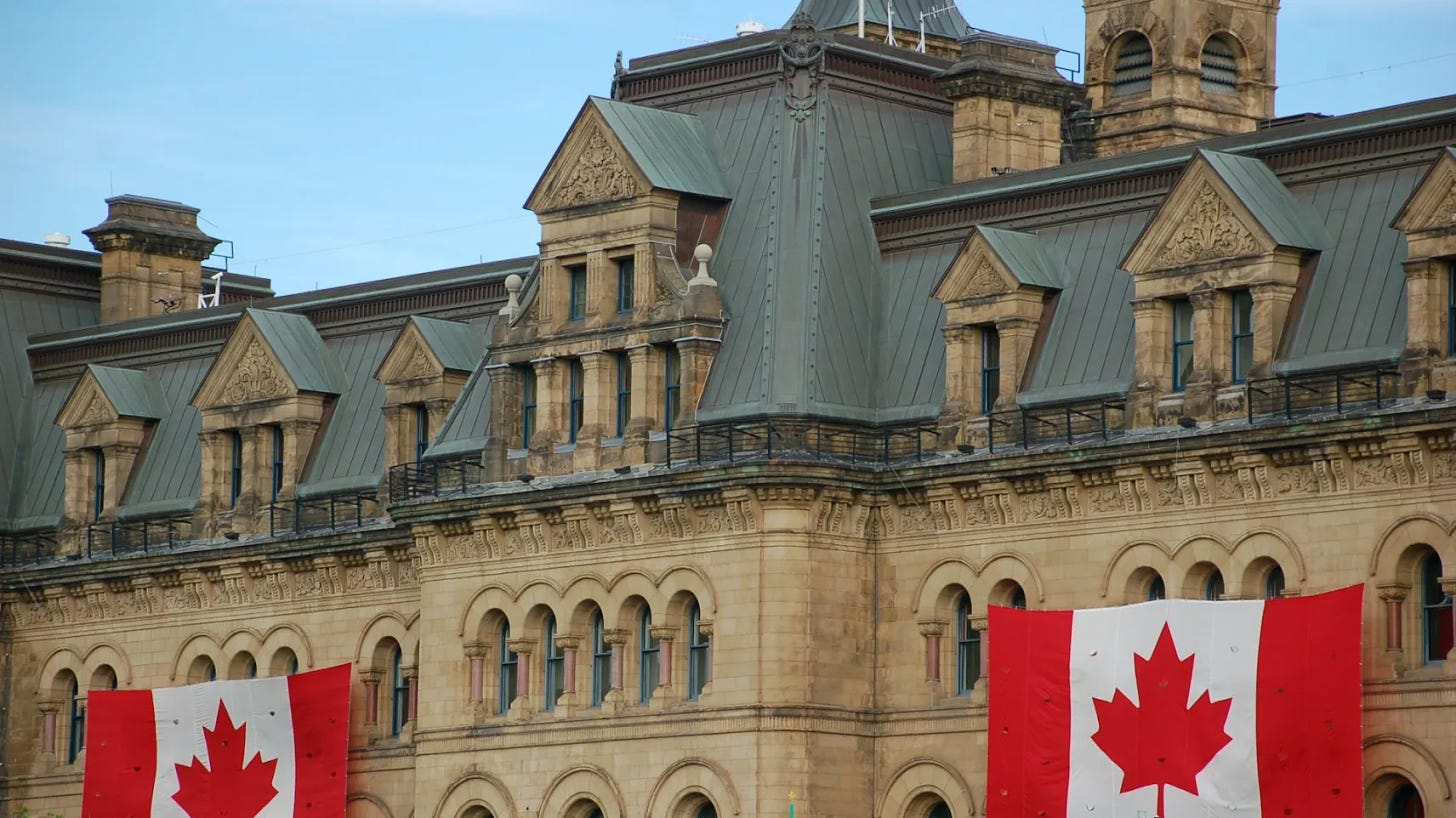Canadian Housing Crisis: How Skyrocketing Prices Favor Retirees Over Young Adults
Canadian real estate prices have surged significantly, doubling in many regions. In major cities like Toronto and Vancouver, a median household would need over 20 years to save for a down payment, much longer than the historic average. This situation seems absurd, but according to Canadian Prime Minister Justin Trudeau, housing needs to retain its value as it is a crucial part of retirement plans for many.
Trudeau's statements suggest that maintaining high home prices is intentional, which raises questions about the effectiveness of government spending aimed at improving affordability. The underlying issue is that elevated home prices benefit older homeowners at the expense of younger generations, who are already contributing through national pensions and other social programs.
For example, seniors benefit from property tax relief programs, such as in BC, where homeowners 55 or older can defer property taxes with taxpayers covering the deferred cost. This compounds the retirement problem for those without homes, as the wealth disparity between renters and homeowners is significant.
Policymakers seem to view high home prices as essential for the retirement of older generations, while young adults are told they may never own a home. This reveals a problematic perspective that prioritizes the financial stability of older homeowners over the housing needs of younger generations, creating a generational inequity.
Keep reading with a 7-day free trial
Subscribe to Alberta News & Views to keep reading this post and get 7 days of free access to the full post archives.




